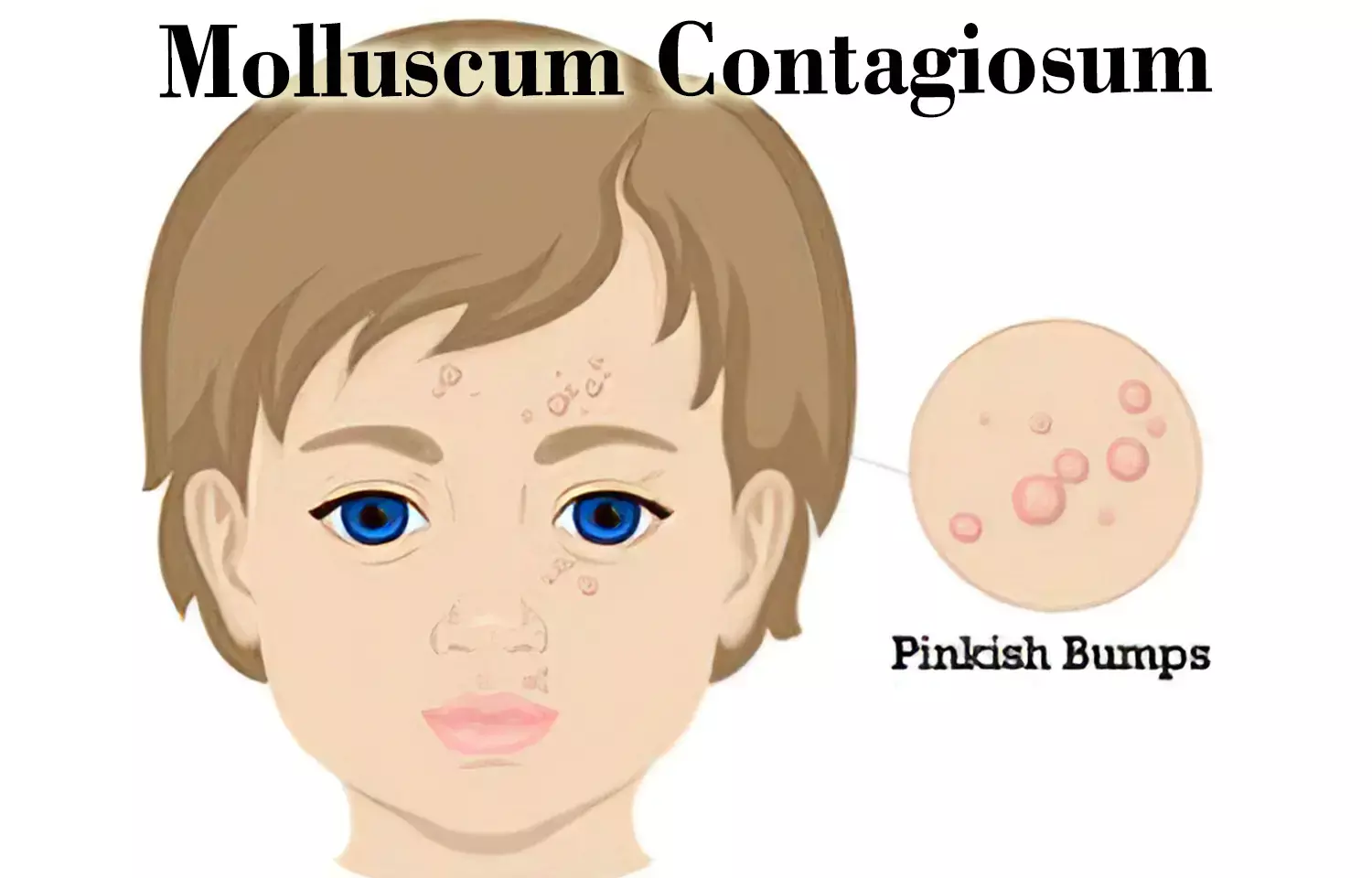- Home
- Medical news & Guidelines
- Anesthesiology
- Cardiology and CTVS
- Critical Care
- Dentistry
- Dermatology
- Diabetes and Endocrinology
- ENT
- Gastroenterology
- Medicine
- Nephrology
- Neurology
- Obstretics-Gynaecology
- Oncology
- Ophthalmology
- Orthopaedics
- Pediatrics-Neonatology
- Psychiatry
- Pulmonology
- Radiology
- Surgery
- Urology
- Laboratory Medicine
- Diet
- Nursing
- Paramedical
- Physiotherapy
- Health news
- Fact Check
- Bone Health Fact Check
- Brain Health Fact Check
- Cancer Related Fact Check
- Child Care Fact Check
- Dental and oral health fact check
- Diabetes and metabolic health fact check
- Diet and Nutrition Fact Check
- Eye and ENT Care Fact Check
- Fitness fact check
- Gut health fact check
- Heart health fact check
- Kidney health fact check
- Medical education fact check
- Men's health fact check
- Respiratory fact check
- Skin and hair care fact check
- Vaccine and Immunization fact check
- Women's health fact check
- AYUSH
- State News
- Andaman and Nicobar Islands
- Andhra Pradesh
- Arunachal Pradesh
- Assam
- Bihar
- Chandigarh
- Chattisgarh
- Dadra and Nagar Haveli
- Daman and Diu
- Delhi
- Goa
- Gujarat
- Haryana
- Himachal Pradesh
- Jammu & Kashmir
- Jharkhand
- Karnataka
- Kerala
- Ladakh
- Lakshadweep
- Madhya Pradesh
- Maharashtra
- Manipur
- Meghalaya
- Mizoram
- Nagaland
- Odisha
- Puducherry
- Punjab
- Rajasthan
- Sikkim
- Tamil Nadu
- Telangana
- Tripura
- Uttar Pradesh
- Uttrakhand
- West Bengal
- Medical Education
- Industry
Tips to Avoid Spreading Molluscum Contagiosum by AAD dermatologists

ROSEMONT, Ill. - Molluscum contagiosum is a common and highly contagious skin condition caused by a virus. According to dermatologists from the American Academy of Dermatology, the condition mostly affects children — adults are often immune to the infection — and causes pearly, flesh-colored bumps to appear on the skin. The bumps can appear anywhere, and while they are usually harmless, they often multiply and spread to other parts of the body and to other people. During the infection, which can last several months, some molluscum bumps become red, swollen or crusted, which can worry parents. However, these changes are usually a sign that the body is fighting off the virus.
"Molluscum contagiosum spreads through skin-to-skin contact or by touching or sharing things that have the virus on them, such as clothing and towels," says board-certified dermatologist Elaine C. Siegfried, MD, FAAD, a professor of pediatrics and dermatology at Saint Louis University School of Medicine. "Although the condition will eventually clear on its own in people with a healthy immune system, this takes about one year, and people who have molluscum can easily spread the virus to other parts of their body and to other people."
To avoid spreading molluscum contagiosum, Dr. Siegfried recommends the following tips:
- Maintain good hygiene. Since molluscum contagiosum is caused by a virus, it's important to practice good hygiene to help stop the disease from spreading. Always wash your hands thoroughly with soap and water after touching any molluscum bumps on yourself or your child. In addition, children with molluscum should avoid sharing a bath with others.
- Avoid sharing personal items, such as clothing, towels, hair brushes and bars of soap, since they can all harbor the virus and spread it to others.
- Leave the bumps alone. Do your best to avoid scratching, picking or touching the bumps. To help, cover them with a bandage, liquid band-aid or clothing.
- Use caution when participating in sports. Since molluscum contagiosum spreads through skin-to-skin contact, keep the infected area covered when participating in contact sports, such as basketball or football, or using shared gear, such as helmets, mats or balls. Do not participate in wrestling unless all bumps can be covered with tight bandages.
"Although molluscum contagiosum is most common in children, teenagers and adults can get the virus too," says Dr. Siegfried. "When adults get molluscum, it is most frequently sexually transmitted and seen in the genital area."
If infected, Dr. Siegfried recommends that patients tell their partners that they have molluscum contagiosum and use barrier protection, such as condoms, to prevent spread. She also advises that patients skip shaving the affected area, as shaving can irritate the bumps and spread the virus to other parts of the body.
"While treatment for molluscum contagiosum isn't always necessary, it can help clear the virus faster so that it can no longer spread to others or to other parts of your body," says Dr. Siegfried. "Your pediatrician or dermatologist can discuss the best treatment for you.
Hina Zahid Joined Medical Dialogue in 2017 with a passion to work as a Reporter. She coordinates with various national and international journals and association and covers all the stories related to Medical guidelines, Medical Journals, rare medical surgeries as well as all the updates in the medical field. Email: editorial@medicaldialogues.in. Contact no. 011-43720751
Dr Kamal Kant Kohli-MBBS, DTCD- a chest specialist with more than 30 years of practice and a flair for writing clinical articles, Dr Kamal Kant Kohli joined Medical Dialogues as a Chief Editor of Medical News. Besides writing articles, as an editor, he proofreads and verifies all the medical content published on Medical Dialogues including those coming from journals, studies,medical conferences,guidelines etc. Email: drkohli@medicaldialogues.in. Contact no. 011-43720751


